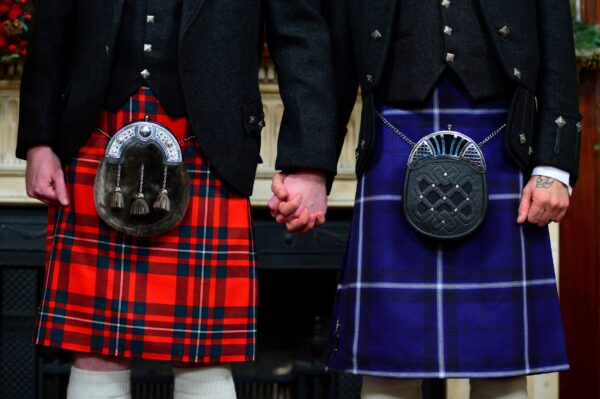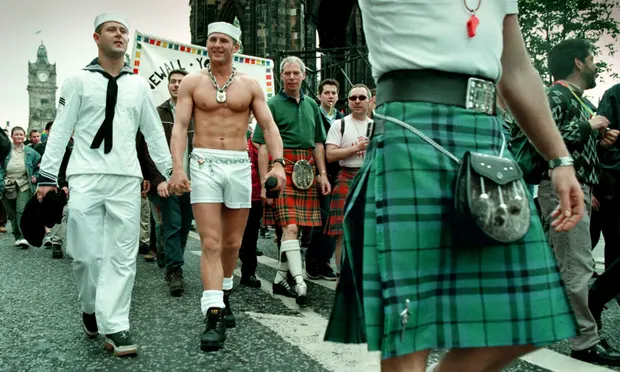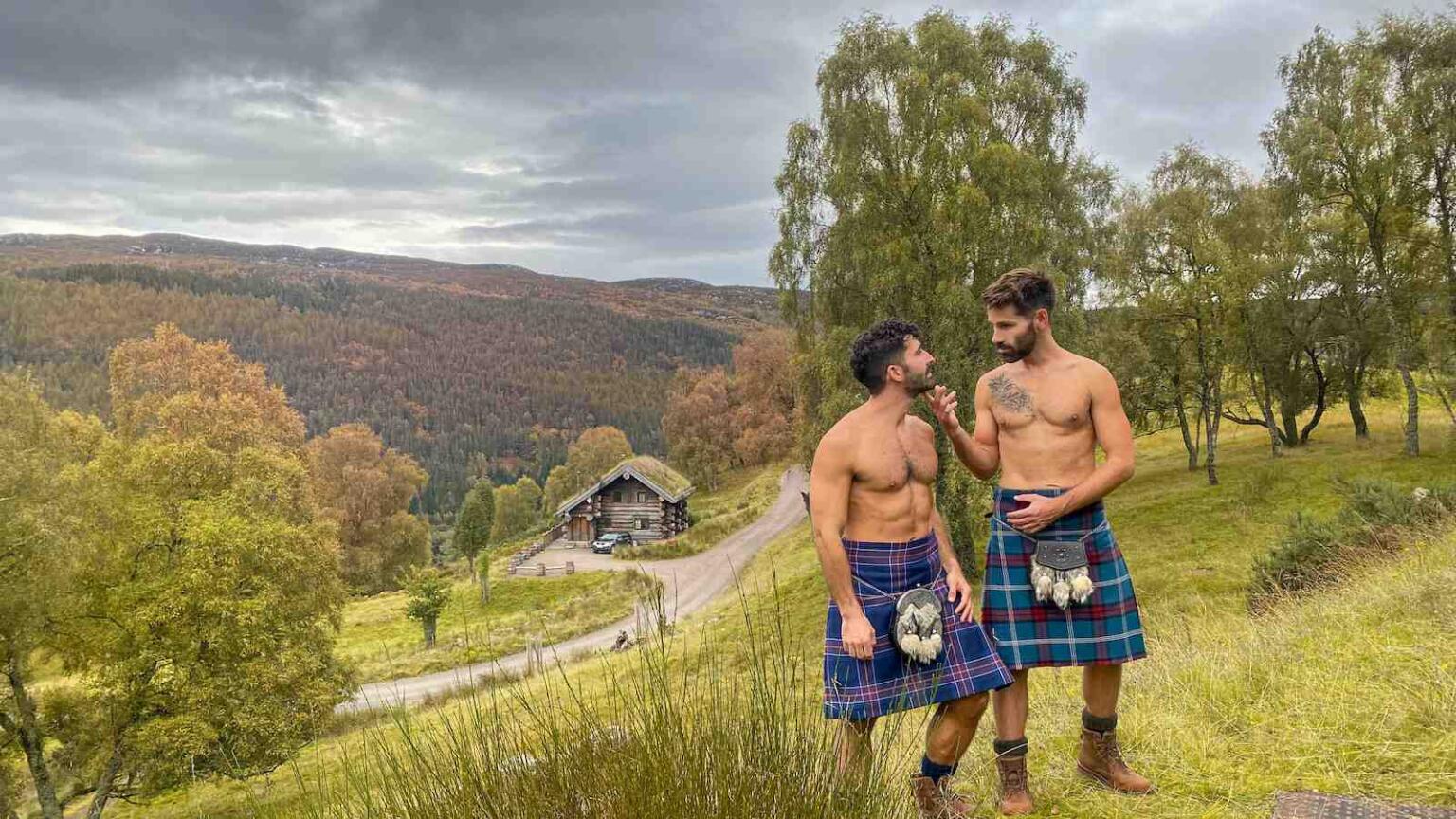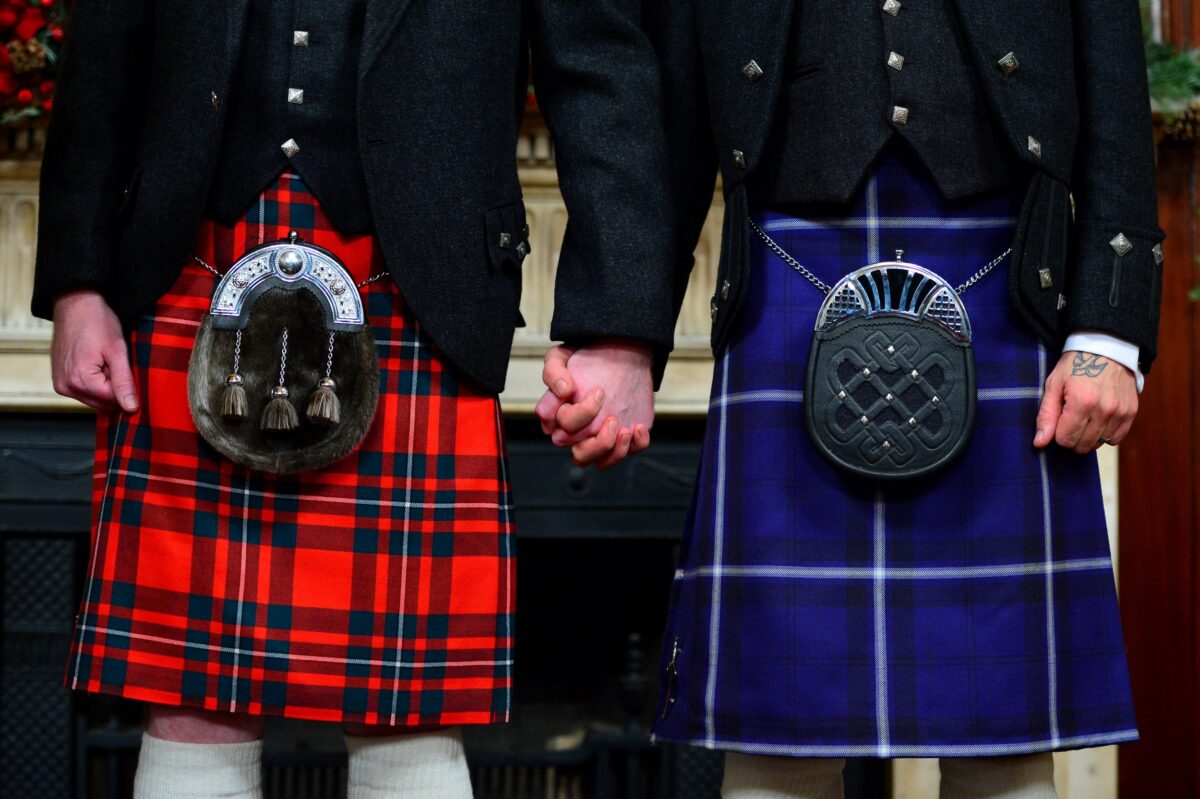
To an outsider the British Parliamentary system may seem a tad arcane especially since it devolved some (limited) powers to the four countries that make up the UK. One of these being Scotland and in the 1920s it witnessed the startof a political movement that wanted independence for Scotland. This in time would lead to formation of the Scottish National Party. At first the SNP sought only the establishment of a devolved Scottish assembly, but in 1942 they changed this to support all-out independence
However it was until 1979 that the UK’s Labour Party introduced new laws that finally created a Scottish Assembly that would have a devolved set list of powers from the Parliament of the United Kingdom. Now the SNP is the largest political party in Scotland in terms of both seats in the Westminster and Holyrood parliaments, councillors in local government and membership. It currently has 43 members of Parliament (MPs), 64 members of the Scottish Parliament (MSPs) and over 450 local councillors.
 Politically it wasn’t until 1974 that the SNP finally self-identified as a social democratic party, and proposed a range of social democratic policies. In the 1980s the SNP further defined itself as a party of the political left, such as campaigning against the introduction of the poll tax in Scotland in 1989; one year before the tax was imposed on the rest of the UK
Politically it wasn’t until 1974 that the SNP finally self-identified as a social democratic party, and proposed a range of social democratic policies. In the 1980s the SNP further defined itself as a party of the political left, such as campaigning against the introduction of the poll tax in Scotland in 1989; one year before the tax was imposed on the rest of the UK
Same-sex sexual activity has been legal since 1981 and the age of consent has been equal to that for opposite-sex activity since 2001, at 16. A same-sex marriage law was approved by the Scottish Parliament in February 2014 and received royal assent on 12 March 2014. It came into effect on 16 December 2014 with many civil partners converting their relationships into marriages, while the first same-sex marriage ceremonies occurred on 31 December 2014. Civil partnerships for same-sex couples have been legal since 2005. Same-sex couples have also been granted joint and stepchild adoption rights since 2009 and discrimination on the basis of sexual orientation and gender identity has been banned since 2010.
By 2015 SNP had the highest proportion of out LGBT MPs of any party in the world
One year later In 2016, it wasn’t just the SNP who were in our corner but the majority of Scotland’s major political parties that were led by openly LGBT people: the Scottish Conservatives by Ruth Davidson, the Scottish Labour Party by Kezia Dugdale, the Scottish Green Party by Patrick Harvie, and the Scottish branch of the UK Independence Party by David Coburn.
 From 2014 until 2023 the SNP was led by Nicola Sturgeon who was also the First Minister for Scotland ,and it seemed like the country’s LGBTQ community had a powerful ally. Sturgeon was first minister when they voted to legalize same- sex marriage in Scotland in 2014. Writing in PinkNews at the time, she said she it was one of her proudest days.
From 2014 until 2023 the SNP was led by Nicola Sturgeon who was also the First Minister for Scotland ,and it seemed like the country’s LGBTQ community had a powerful ally. Sturgeon was first minister when they voted to legalize same- sex marriage in Scotland in 2014. Writing in PinkNews at the time, she said she it was one of her proudest days.
Her attempts to improve trans rights are particularly notable. Sturgeon first committed to reforming gender recognition laws ahead of the 2016 Scottish election. Then as reports circulated of SNP members quitting because of transphobia within the party, Sturgeon spoke out in support of trans rights in a video posted to Twitter.
Under her leadership there were plans to reform the Gender Recognition Act (GRA) . The bill she introduced. was to remove barriers to accessing a Gender Recognition Certificate (GRC), the document which allows a trans person’s gender to be recorded on their birth, death, marriage and civil partnership certificate. It would have removed the requirement for a medical diagnosis of gender dysphoria, and would have lowered the age limit to 16, among other things.
The bill was passed in December 2022. Speaking in the Scottish parliament shortly beforehand, Sturgeon said it would make trans people’s lives “that little bit better and easier”. But within days, the Conservative UK government indicated that it was planning to block the legislation using Section 35 of Scotland Act. Sturgeon vociferously defended her gender recognition reforms even as the media and Westminster MPs turned their backs on her.
Concerns remain about transphobia within the SNP’s ranks – and when Sturgeon announced her resignation, Sturgeon said she would continue to advocate for equality from the backbenches.
Her successor was Humza Yousaf, born to Pakistani immigrants in Glasgow and who had always been a strong advocate of LGBT rights. On the topic of marriage equality and homosexual sex he commented: “I believe that people’s marriage, if they are gay, and they are married, that their marriage is no more inferior, or worth less, than my marriage as a heterosexual individual. So no, I don’t subscribe to that view [that gay sex is a sin].” Yousaf, a practising Muslim, added that he does not “legislate on the basis of [his] faith”.
 Just in year later Yousaf terminated the Bute House Agreement between the SNP and Scottish Greens, and he faced imminent votes of no confidence in himself and his government. He resigned as Leader and First Minister and was succeeded by John Swinney who in the run up to the election had entered into some pact with rival Kate Forbes who stood down to allow him to win unanimously.
Just in year later Yousaf terminated the Bute House Agreement between the SNP and Scottish Greens, and he faced imminent votes of no confidence in himself and his government. He resigned as Leader and First Minister and was succeeded by John Swinney who in the run up to the election had entered into some pact with rival Kate Forbes who stood down to allow him to win unanimously.
What has all of us in the LGBTQ+ community up in arms is the heavy price we will probably now have to pay to keep Swinney in power. Forbes, who Swinney made his deputy) is a member of the Free Church of Scotland, which holds ultra-orthodox Christian beliefs, including on marriage and human sexuality. The last time she tried to win the leaders job she had the audacity to opposed new transgender policies and to tell a Scottish newspaper that she would have voted against the legalization of same-sex marriage, declaring, “I would have voted, as a matter of conscience, along the lines of mainstream teaching in most major religions that marriage is between a man and a woman.”
Forbes is perfectly entitled to express her views, but party members are equally entitled to decide if
someone who holds those views would be an appropriate individual to be SNP leader and first minister.”
She told one interviewer that she believes “a trans woman is a biological male” and another that she believes sexuality is best reserved for a covenant marriage between a man and a woman.
We possibly wouldn’t nave been so worried just a year back, but then we thought Roe Vs Wade was unassailable. IF YOU ARE A SCOTTISH VOTER THEN STEP UP IN THE ELECTIONS : WE NEED YOU

